The TWOBILLIONEYES story begins in 2009 when its founder, Bijan Azami, first learned that there are close to one billion people in the world who need glasses but do not have access to them...
"This was a shocking and heartbreaking discovery to me as a human being and especially as an optician. And at first I felt powerless. How can I do anything about a problem so big? But how can I ignore a problem so large? And then I realised that every movement starts with one person's dream; why not mine? So I decided to dedicate one day a week to find a solution, and 'Two billion eyes' was born."
His first step was to share his dream, especially to people outside the world of optics, as he felt that the solution lay with them. After a few months, he had twelve supporters (all champions), and the first task was to analyse the problem carefully.
We learned that whilst a lack of trained opticians is a huge difficulty in addressing this need, other contributing factors include:
- lack of electricity and water, which are vital to power the machines to test eyes and cut lenses,
- technicians to service and repair the machines,
- length of travel for those who live in remote areas,
- people also want their glasses to look good, and last but not least,
- and be individually adjustable.
So now we had a clear goal: Produce glasses that are affordable, adjustable, accessible and attractive.
For production needs, China seemed to be the place to start. After a year of exploring the capabilities and feasibilities along with reviewing the business ethics of potential manufacturing partners, one was selected in November 2014.
Our first order arrived in September 2015, and in October we set off to Kenya where we distributed our first round of glasses at 4 different schools. The first location was a school in Kibera, the largest slum of Africa. We were overwhelmed by the response, they loved the glasses. And on another occasion, at Nailab where we were for another purpose I was asked if the lenses could be made with anti-glare for the PC, and also in round shape so they would look like Steve Jobs! That was the best compliment that we had, our design was not only to the taste of the materially poor but also the young entrepreneurs with laptops and more!
Much has been learned along the way and new needs are identified on a daily basis. The journey has only just begun with momentum and support building up from all angles of the globe.

